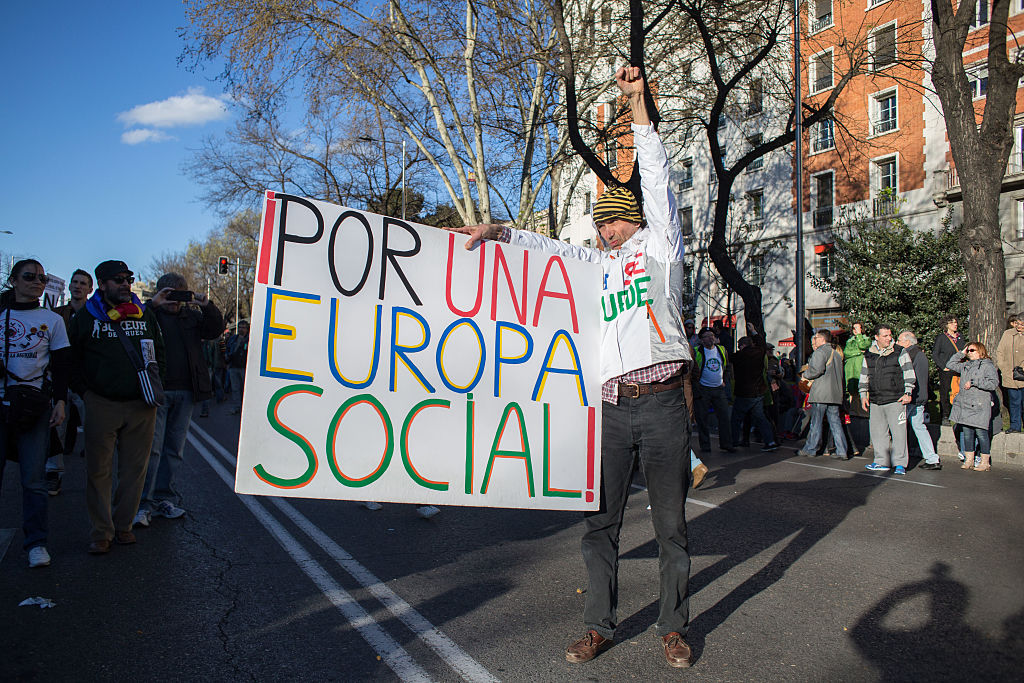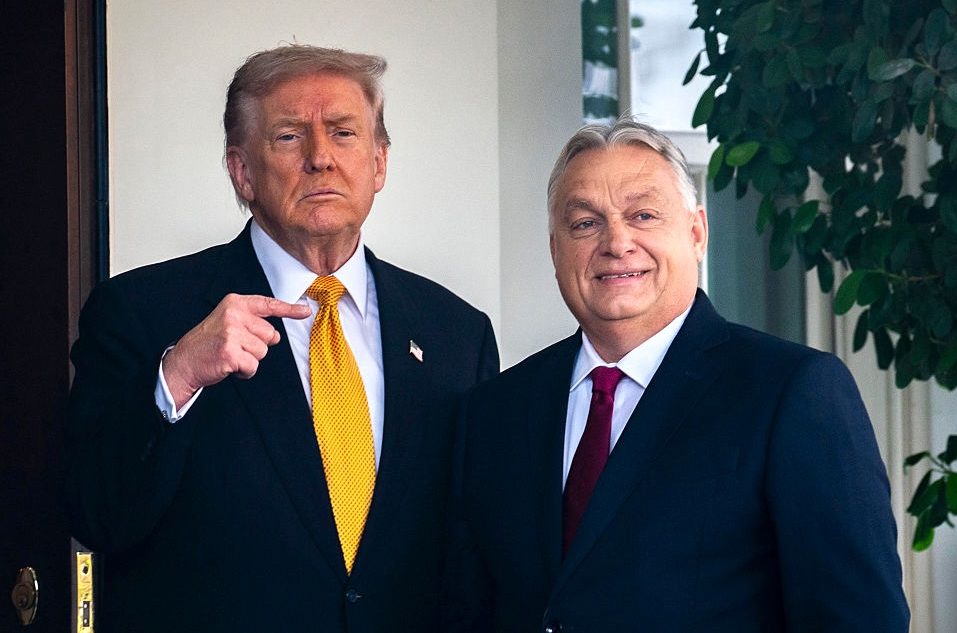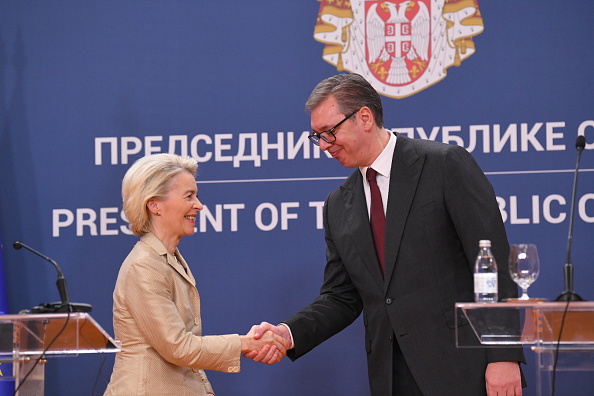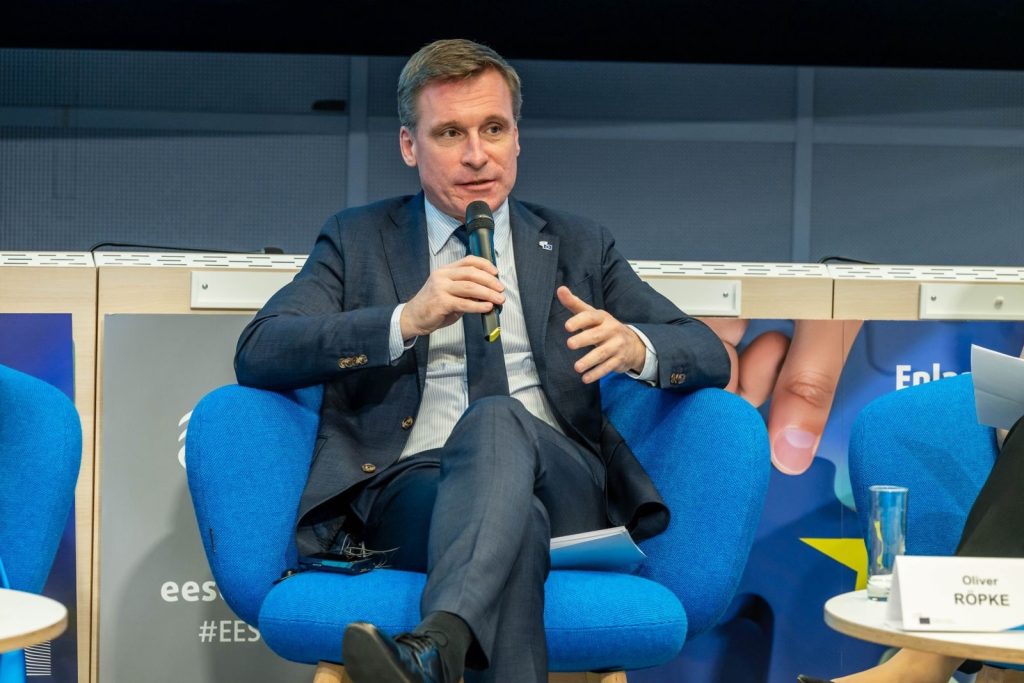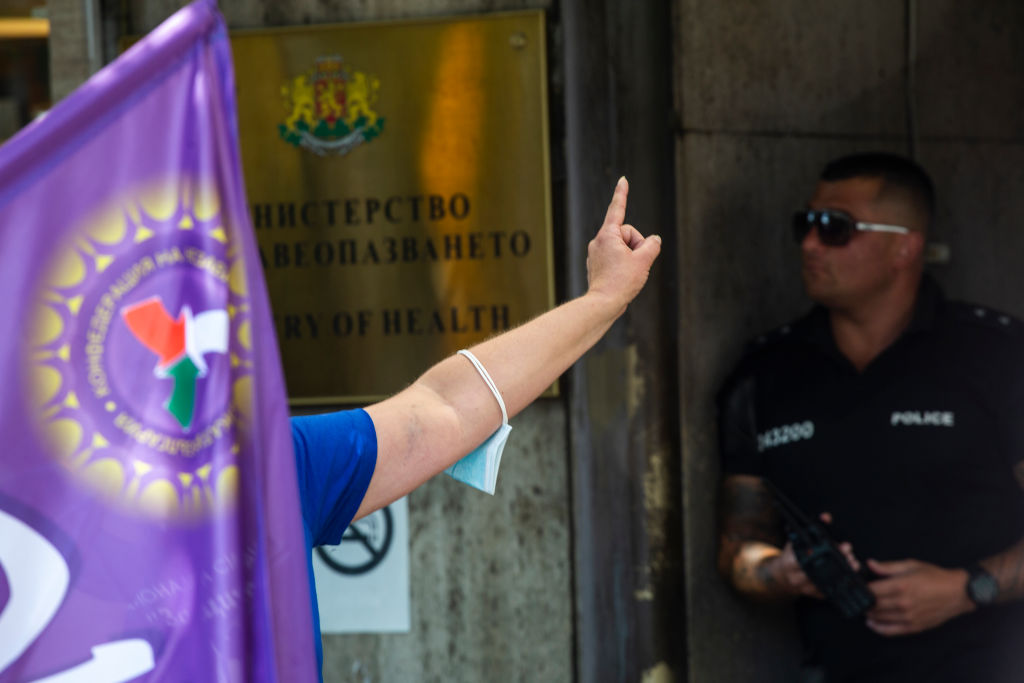Beyond participation trophies: The EU’s credibility crisis in the Western Balkans
Brussels presents enlargement as proof of Europe’s transformative power, yet its failure to deliver undermines that very promise. The EU cannot credibly preach democracy, rule of law, and resilience abroad while tolerating stagnation in its own neighbourhood
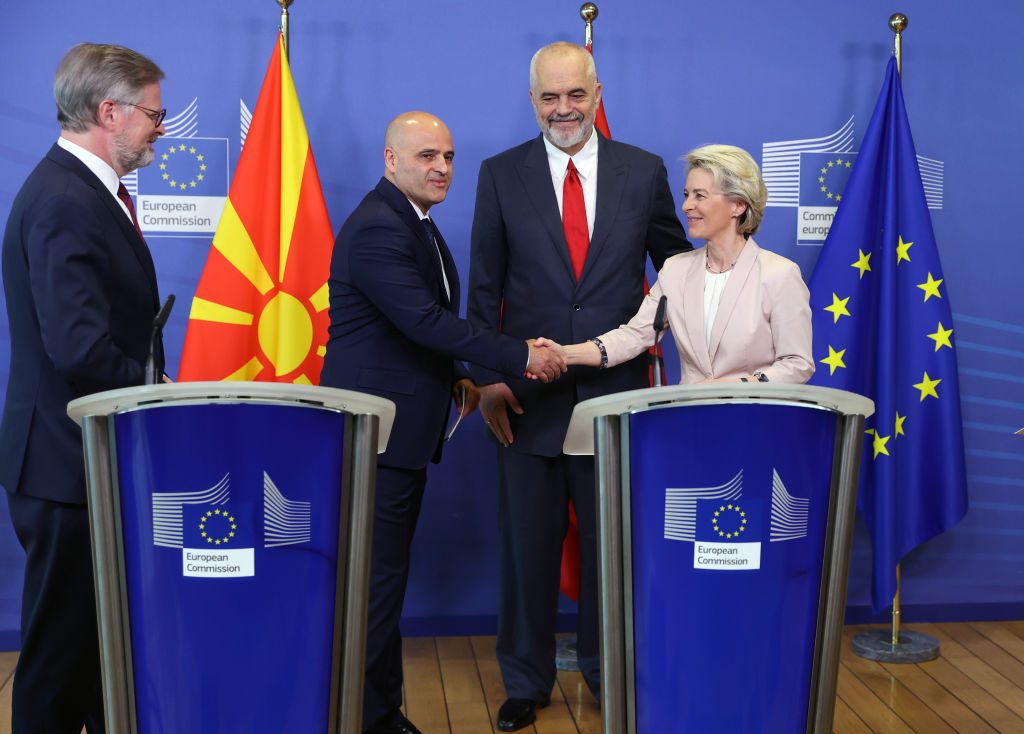
The Western Balkans Six (WB6) remain stuck in the waiting room of EU membership. Negotiations have slowed to a crawl, hobbled by enlargement fatigue in European capitals, immigration anxieties, and fears that new members would paralyse already cumbersome decision-making in the bloc. What the EU needs is a differentiated approach to enlargement – an approach that rewards genuine progress, penalises corruption and obstruction, and recognises integration as a political choice, not a bureaucratic ritual.
The current process traps the region in limbo. The EU’s “chapter” system, with its dense legal criteria, gives the impression of progress but in practice has turned accession into a farce of participation trophies. Leaders in the WB6 close chapters, attend summits, and issue communiqués – yet the horizon of full membership keeps receding.
The costs of this delay are mounting. Young people are leaving in droves, draining the region of talent and hollowing out its middle class. Justice and anti-corruption reforms lose momentum when ruling elites recognise that membership will not materialise within their careers, effectively locking in existing power structures. All the while, public trust in democratic institutions flounders, fuelling populist narratives that the EU has no intention of ever opening its doors.
Brussels presents enlargement as proof of Europe’s transformative power, yet its failure to deliver undermines that very promise. The EU cannot credibly preach democracy, rule of law, and resilience abroad while tolerating stagnation in its own neighbourhood. Every broken promise, every deferred action chips away at the Union’s leverage, signalling to would-be members that reforms may not be rewarded and to rival powers that Europe’s commitments can be safely ignored.
With accession a moving target, leaders across the region are hedging their bets. Serbia has deepened its energy ties with Russia while purchasing Chinese surveillance systems. Milorad Dodik in Bosnia openly courts Moscow, blocks reforms, and flirts with secession. Meanwhile Montenegro has seen Beijing’s Belt and Road loans tighten financial dependence, creating leverage for China inside a NATO member. Every year of delay gives Russia and China new opportunities to entrench themselves. Left unchecked, the region risks becoming a playground for malign actors who take advantage of an obtuse enlargement process and an administration in Washington increasingly at odds with Brussels over Russia.
Responsibility for this sorry state of affairs rests beyond the Western Balkans. The Union’s “chapter” system creates the illusion of an apolitical process, but leaders on both sides of the membership divide know that accession is fundamentally political.
National vetoes have historically marred the process: Bulgaria blocked North Macedonia over a language row; Slovenia previously leveraged bilateral territorial disputes to impede Croatia; and Viktor Orbán has cynically wielded his endorsements to burnish Hungary’s illiberal credentials, souring other member states in the process.
The EU cannot continue to let these parochial interests dictate the pace of enlargement. Treating the WB6 as inferior partners – essentially as pawns on the European chess board – only empowers anti-EU populists. In Serbia, the most advanced of the WB6 economies, support for accession has reached a miserable new nadir: only 33% approve, this despite a vibrant and growing student protest movement. Pro-accession members must call out and constrain these spoilers within the bloc itself, or risk watching the accession process collapse from within.
That prospect is no longer hypothetical. Russia’s war spurred leaders to fast-track accession talks with Ukraine and Moldova. The gesture carried weight, but it also raised expectations in Tirana, Podgorica, and Skopje. The hard truth is that countries under partial occupation will not join the Union anytime soon. Brussels must therefore prioritise candidates further along in the queue, while still offering tangible incentives – market access, financing, mobility – to those waiting in the wings.
Progress has been made: The EU’s 2023 Growth Plan pledges €6 billion in grants and loans linked to reforms, Montenegro now aims for a 2028 entry, and Albania 2030. But these markers remain elastic, prone to delay, and often are hostage to bilateral disputes. Unless Brussels fixes real deadlines and enforces them, enlargement will continue to look like a moving target and the WB6 will eventually walk away.
Avoiding this fate requires three steps. First, differentiate among aspirants: Albania, North Macedonia and Montenegro, which have by some margin made the most progress, deserve clearer timelines and benefits, while lagging states should face real consequences for corruption. Second, confront spoilers by sanctioning leaders like Dodik and Bosnian Croat leader Dragan Čović who actively work against European interests, while making clear that member states cannot hijack enlargement to extract narrow concessions. Third, reclaim political ownership: Enlargement is not a technocratic box-checking exercise; it is a decision about Europe’s borders and security.
The Western Balkans will not wait forever. Delay strengthens illiberal actors, deepens malign influence, and undermines faith in Europe itself. Accelerated, differentiated, and politically owned enlargement is not a gift to flawed democracies. It is the most effective tool Europe has to shape their trajectory and safeguard its own future. The longer Brussels hesitates, the more space it leaves for Moscow, Beijing, and Trump – and the harder it will be to keep the region on a European path.
Robert Benson is the associate director for National Security and International Policy at the Center for American Progress. He previously worked as a global relations consultant at the Organization for Economic Cooperation and Development in Paris and as a research fellow at the Social Science Center Berlin. Pablo Rasmussen is a Director at Brzezinski Global Strategies. He recently served as an advisor in the Biden-Harris Administration at the Peace Corps. He is also a member of Foreign Policy for America’s NextGen program and writes his own newsletter, The Adret, on Substack.
